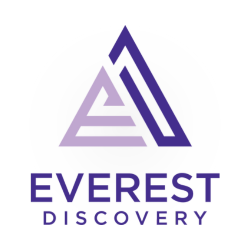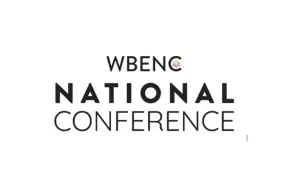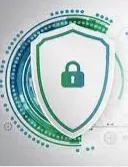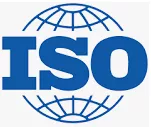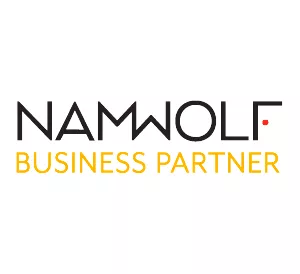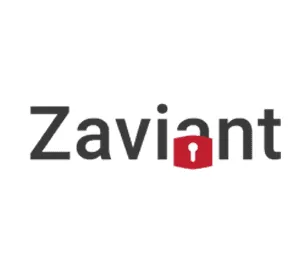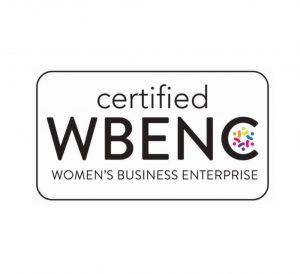Event Recap: The Women’s Business Enterprise National Council
Event Recap: The Women’s Business Enterprise National Council
Every year, the Women’s Business Enterprise National Council, provider of one of the most respected certifications for women-owned businesses, holds its national conference bringing together thousands of women business owners and their teams, supplier diversity professionals and procurement and senior executive representatives from the Fortune 1000 and federal government to create opportunities for women entrepreneurs across the country.
The WBENC National Conference is the largest event of its kind for women business owners. This year’s conference, celebrating the event’s 25th anniversary, took place at the Georgia World Congress Center in Atlanta on June 6-9. Everest Discovery was happy to have two of our own attend this year – Sue Pellegrino, president and chief financial officer, and John Trickey, director of sales.
Networking and Education
The event was an incredible opportunity for Sue and John to connect in person with other women-owned businesses and their teams and watch demos to learn about their products and services. Everest belongs to WBENC East, and the conference gave us the chance to network with people in our own backyard and meet with our regional partner organization members. Most of the companies Sue and John connected with had their head of supplier diversity and procurement buyers in attendance.
Through the course of three jam-packed days, Sue and John got to interact with representatives of over 300 women-owned businesses. The Meet & Greet was a great opportunity to network and connect with other corporate members in an open but structured format – almost like speed dating for businesses. The various receptions were another chance for networking, as well as offering plenty of fun, food, and libations.
A highlight of the conference was the informative seminars and speakers. One that stood out was a fireside chat with federal government representatives about small business procurement. The session explained how the SBA and GSA have increased their support for small businesses with new leadership and resources for accessing the Women-Owned Small Business Federal Contracting Program. The fireside chat also explored the ways Women Impacting Public Policy is advocating for change for women on Capitol Hill, with a theme of getting involved and sharing your voice. Attendees left with plenty of tips and guidance for working with the federal government.
Another informative session, entitled “Positioned to Thrive,” focused on evaluating your business and strategies for growth and protection. The panel discussed the importance of knowing the value of your business, as well as the things that are driving or limiting that value. Among the big messages was the need to have owner life insurance as part of your business continuity plan so that you know how your business will survive when you’re no longer there to run it.
Small Business Trends
Several trends emerged as takeaways from the conference. First, companies are seeking a greater buy-in from their legal departments to implement diverse purchasing initiatives. Second, many companies are not only trying to get their legal departments to support diverse companies, but also to allocate their spend through strategic sourcing to realize cost savings. Finally, legal spend is emerging as an area for great overall cost reduction if traditional purchasing procedures are utilized.
The entire event was very well organized, with its own devoted app that provided the schedule of events, bios for speakers and exhibitors and a place to take notes. Shuttles took attendees to the convention center, as well as to an enjoyable night at the Atlanta Aquarium, featuring the beluga whales exhibit, karaoke and a fun, relaxed time for everyone who attended. If you’re thinking of joining WBENC in the future, we recommend comfortable shoes!
Everest Discovery is proud to be a WBENC-certified Women’s Small Business Enterprise and an SBA-certified Women-Owned Small Business. To learn more about how Everest can support your organization’s eDiscovery and litigation support operations through actionable insights that will transform your workflows, reduce risk and generate significant cost savings, contact us today.
